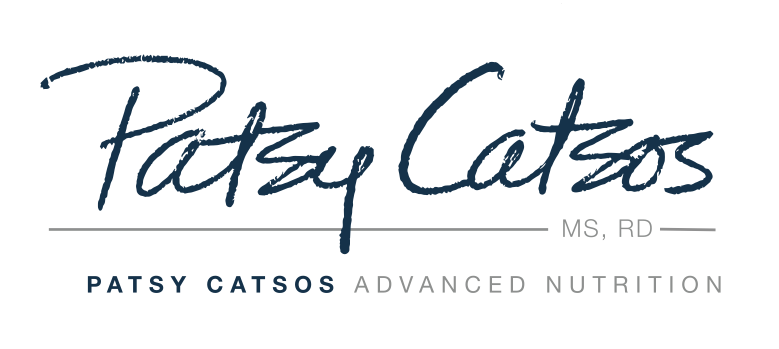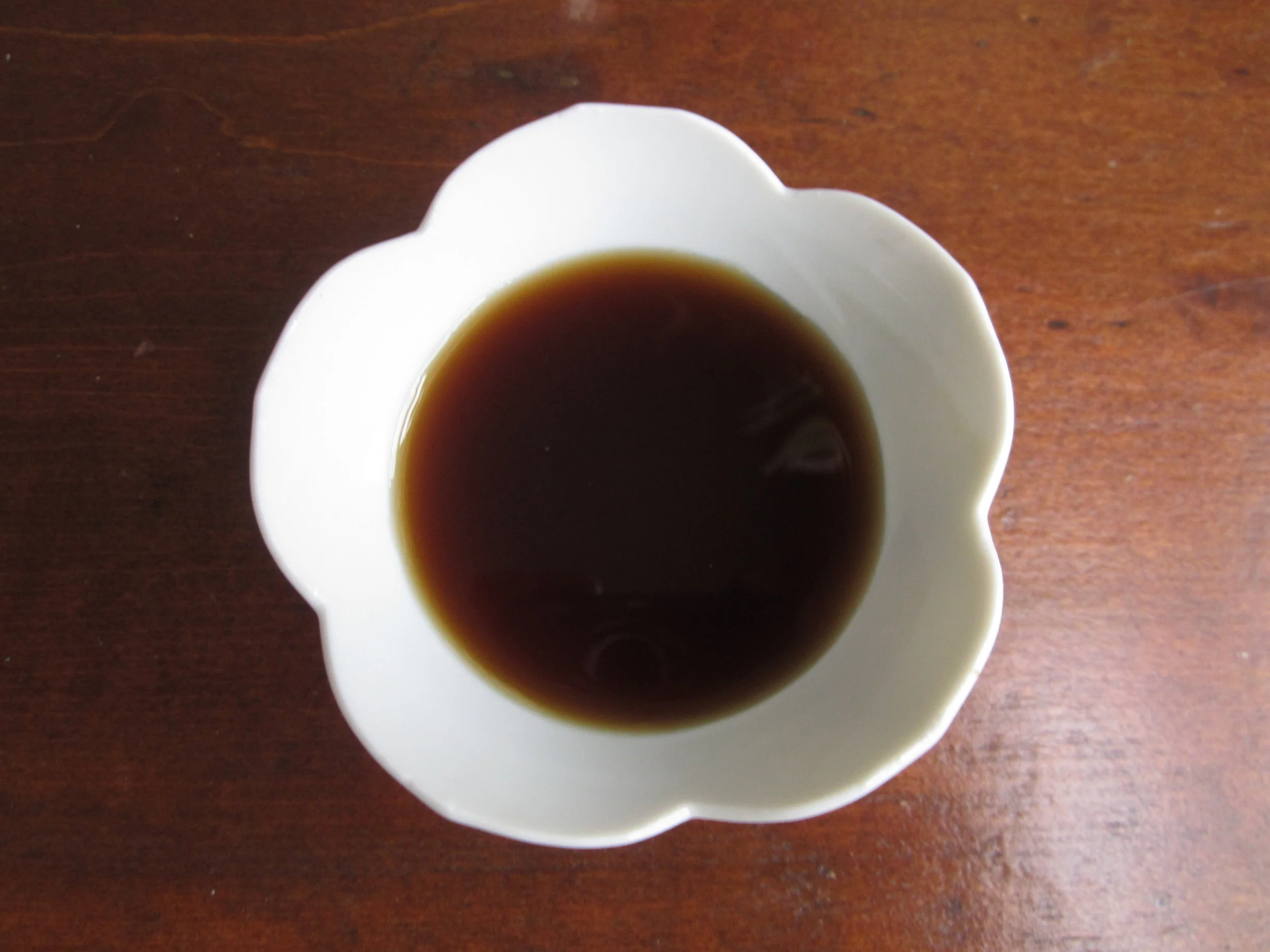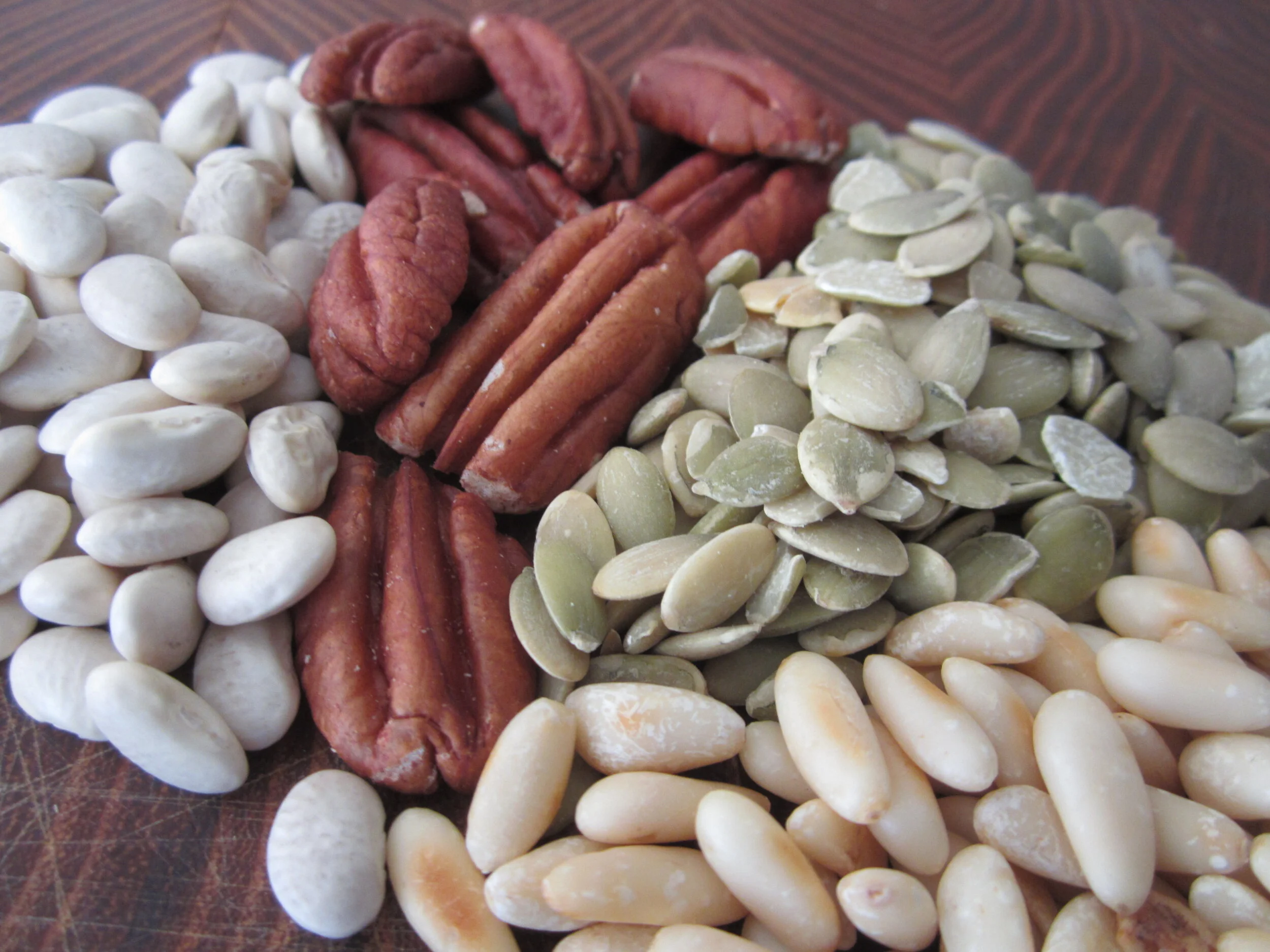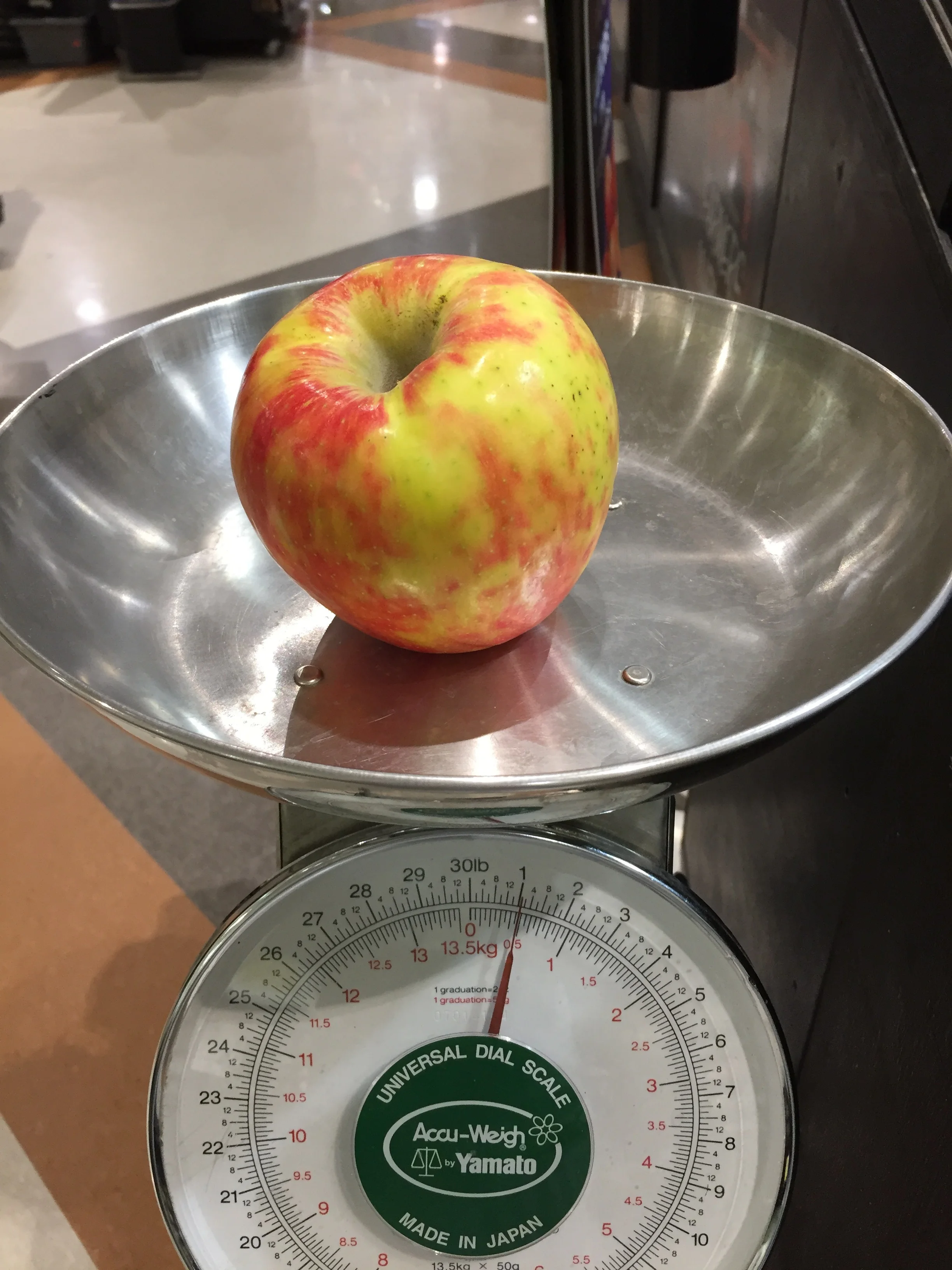Readers, you are about to learn the secrets to successful low-FODMAP baking from a real master.
FODMAPs for Vegans
Update: Sweeteners and FODMAPs
Can IBS Lead to Other Conditions?
Q. Can IBS lead to diverticulitis? What about megacolon? Cancer? Inflammatory bowel disease? Exocrine pancreatic insufficiency?
A. The sort answer: irritable bowel syndrome (IBS) does not cause other conditions.
As thinking people, we feel a strong need to connect the dots, to understand the reasons things happen, to ask why? Was IBS the reason we developed another condition? Would treating our IBS differently have prevented the other disease in the first place? Will IBS will lead to health problems in the future?
The S in IBS stands for syndrome, which is essentially a collection of symptoms. IBS is defined by symptoms of recurring abdominal pain, diarrhea, constipation, or alternating bowel habits, at least one day a week over the last 3 months, with symptom onset at least six months before the diagnosis. Symptoms are things the patient experiences. They may (or may not) reveal the existence of an underlying disease or disorder. Symptoms don't cause diseases. It is the other way around. Diseases cause symptoms.
Cause
The cause of a disease is the reason it develops. IBS is not the reason that diseases occur. Fortunately, there isn't any reason to think that having IBS means your gastrointestinal problems will get worse over time or turn into another condition. To answer some specific questions I have received from my readers, a diagnosis of IBS is not believed to cause diverticulitis, megacolon, cancer, Crohn's disease, ulcerative colitis, celiac disease, thyroid problems, autoimmune disorders, or fibromyalgia.
There is some gray area when it comes to anxiety and depression. You may certainly be anxious or stressed about your IBS, or feel depressed or sad about how IBS is affecting you. This type of anxiety or depression may be described as situational. Situational anxiety and depression are different from generalized anxiety disorder and clinical depression. The latter are more chronic; they would exist even in the absence of difficulty adjusting to the impact IBS has on you..
Symptoms themselves can occasionally cause complications. For example, constipation could be at least a partial cause of hemorrhoids, anal fissures, or rectal prolapse. Severe diarrhea can contribute to dehydration or electrolyte imbalance.
Association
Association means that some health conditions are more likely to occur in the same population of people. For example, as a group, people with IBS are more likely to be diagnosed with gastroesophageal reflux disease (GERD) than people who don't have IBS. But it cannot be said that IBS is the reason for the GERD. People with IBS are more likely than people without IBS to be diagnosed with clinical depression or chronic pain conditions. They more frequently have additional disorders affecting the stomach, esophagus, or anorectal parts of the gastrointestinal tract.
Diverticulitis is strongly associated with IBS. There is a possibility that the diverticulitis causes IBS or IBS-like symptoms, but the reverse is not likely.
IBS and eating disorders are unquestionably associated. About half of patients with eating disorders also have IBS. And some people with IBS may develop disordered eating habits as a way of avoiding symptoms.
Delayed Diagnosis or Misdiagnosis
The difficulty that you and you healthcare providers may face is that many diseases share the symptoms of IBS. Abdominal pain, bloating, diarrhea, and constipation are far from unique to IBS. So there are a certain number of people who are diagnosed with IBS who turn out to have a different diagnosis that explains their symptoms. For example, C. difficile colitis, diverticulitis, celiac disease, inflammatory bowel disease, exocrine pancreatic insufficiency, cancer, or eating disorders could seem like IBS at first. That is why it's important to be evaluated by a medical professional rather than diagnosing yourself with IBS. Make sure your provider knows about any "alarm features" you have that would call for more tests or procedures to rule out other conditions. Alarm symptoms to report include: bloody, oily, very frequent or watery stools; fever; unintentional weight loss; abnormal laboratory results; or bloating or abdominal pain that never goes away. And share any concerns you may have about your eating thoughts or behaviors.
References:
Aziz, I et. al. The prevalence and impact of overlapping Rome IV-diagnosed functional gastrointestinal disorders on somatization, quality of life, and healthcare utilization: A cross-sectional general population study in three countries. Am J Gastroenterol 2018.;113(1), 86–96.
Cohen, E et. al. Increased Risk for Irritable Bowel Syndrome after Acute Diverticulitis. Clin Gastroenterol Hepatol 2013; 11(12): 1614-1619.
Riehl, M and Scarlata, K. Understanding Disordered Eating Risks in Patients with Gastrointestinal Conditions. J Acad Nutr Diet 2022; 122(3), 491-499.
Should I Start my Low-FODMAP Diet Before or After the Holidays?
Q. Should I wait until after the holidays to start my low-FODMAP diet? There are some special meals coming up that I really don't want to miss out on.
A. It's your call, of course, but many people find a way to follow low-FODMAP diets during the holidays so they can feel their best on these special occasions. A few limited exceptions will not ruin your low-FODMAP diet. Just get right back on track at the next meal or snack, and carry on.
You have choices
Has your doctor or dietitian recommended that you try a low-FODMAP diet for your irritable bowel syndrome (IBS)? If so, you might be wondering when to begin. Special occasions and vacations occur year-round, don't they? There is almost always some upcoming event or activity that will require some adjustments to your low-FODMAP diet, and the upcoming holiday season is no exception!
Ask yourself how important it is for you to keep your symptoms to a minimum during the holidays. The prospect of feeling well during the holidays for a change can be very motivating! If that sounds like an amazing possibility, go ahead and start your low-FODMAP diet now. This choice does mean that you'll have to enjoy foods a little differently this year, but luckily, many holiday favorites are naturally low-FODMAP or can be easily adapted.
On the other hand, you might choose to set a starting date after the holidays if your IBS symptoms are mild, or if you'd rather suffer the consequences than eat differently from your usually holiday fare. In that case, you can still use the time available between now and then to learn about FODMAPs, and to get your meals and groceries organized.
Exceptions TO Low-FODMAP Diet for special occasions
If you're an over-achiever or a perfectionist, hear me now: a low-FODMAP diet does not have to be perfect to be a good learning experience or to improve your IBS symptoms over the long run. The goal of the Elimination Phase of the diet is to greatly reduce your intake of FODMAPs to see if it helps, not to master rule-following. Yes, you will learn more the closer you stick to the low-FODMAP diet overall during the Elimination Phase. But some limited exceptions will not ruin the whole project. Symptoms might be occur in the immediate aftermath of a higher FODMAP meal though, depending on how big the exceptions are.
It's OK to eat mostly low-FODMAP at a holiday meal while allowing yourself an exception for something really special. You might get away with this rather well if you've left plenty of room in your FODMAP "bucket" by choosing low-FODMAP foods and serving sizes for the rest of the meal.
It's even OK to make the whole meal an exception, though this approach is more likely to lead to a significant bout of IBS symptoms in those who are intolerant to FODMAPs. It's your call. Just keep portions on the small side, get back on track ASAP, and consider it a learning experience if you don't feel well later.
Holiday baked goods
Holiday baking is a beloved tradition, and most people following a low-FODMAP diet would be loathe to let the season pass without enjoying a few cookies or other holiday favorites. Unfortunately, wheat-based flour (whether it be white, all-purpose, or whole wheat) is a significant source of fructans, one of the FODMAPs. You have a choice of two strategies for working around this.
Enjoy these delightful Low-FODMAP Sugar Cookies!
The first option is to make low-FODMAP versions of the recipes, using gluten-free flours instead of regular flour. Gluten is not a FODMAP, so avoiding gluten isn't the point of using gluten-free flour in this case. The alternative flours happen to be lower in FODMAPs, so they are more suitable for a low FODMAP diet. Pro-tip: for best results, use recipes that were developed by an expert to match the baking characteristics of a particular gluten-free flour or blend. You will probably not be as happy with merely substituting a gluten-free flour or blend for the regular flour in your favorite recipe. Maybe you’ll enjoy my own Low-FODMAP Sugar Cookies!
To learn more about working with gluten-free flours, see this amazing article about by Lisa Rothstein on Secrets to Successful Low-FODMAP Baking! Lisa is a wonderful baker, and many of her best recipes appear in our book, IBS-Free Recipes for the Whole Family.
The second option is to limit yourself to a low-FODMAP serving sizes of plain cookies or cake (without fruit or nuts) at any one meal or snack, which is probably about ½ ounce, or a 2-inch diameter cookie. This is based on a bit of guesswork, since very few cookies (biscuits) have been analyzed at the Monash FODMAP lab. Put some cookies in the freezer and have a few during the Reintroduction Phase when you introduce fructans!
Whatever you decide to do, I wish you well, and Happy Holidays!
Resource:
Shop Low FODMAP: Baking Supplies
Navigating Thanksgiving Dinner
People with IBS seem to take one of two approaches to Thanksgiving Dinner. The oh-what-the-heck group splurges on high-FODMAP party foods and bears the consequences. Friends, good luck with that. This post is for members of the other group, who know they will enjoy the festivities more without abdominal pain, bloating, and bowel problems getting in the way.
Gluten and FODMAPs
Can IBS Be Cured?
Q. Can IBS be cured? I’ve read that many people who have IBS actually have small intestinal bacterial overgrowth, and that can be cured with a course of antibiotics. Do you think that is true? Do patients ever recover from IBS or is it pretty much for life once it develops?
A. The short answer is that classic irritable bowel syndrome (IBS) is said to be "managed" but not cured. In practice, it it more nuanced than that, and some people who are diagnosed with IBS may, in fact, largely recover.
What is Classic IBS?
What do I mean by "classic" IBS? IBS has been referred to in the past as a functional disorder, meaning that the gastrointestinal tract does not function properly even though there does not appear to be a medical reason for that. So by definition, if there were a curable medical problem responsible for symptoms, it wouldn't be IBS. More recently IBS is referred to as a disorder of gut brain interaction (DGBI). This newer label emphasizes the role of the nervous system and gut psychology in the disorder. A IBS diagnosis of IBS can be made when the patient has recurring abdominal pain, diarrhea, constipation, or alternating bowel habits, at least one day a week over a three month period of time. If the patient has any "alarm symptoms" like rectal bleeding or abnormal labs, they need to be evaluated before the IBS diagnosis can be made.
IBS symptoms overlap with those of other conditions
It has become apparent that many people who meet these criteria for IBS may have conditions which can in fact be treated, or which may pass over time. Whether we should think of these other conditions as separate diagnoses or just subsets of IBS is open to debate.
Small Intestinal Bacterial Overgrowth (SIBO)
Small intestinal bacterial overgrowth (SIBO) is a case in point. A subset of people with irritable bowel syndrome have SIBO. The percentage of IBS patients with SIBO ranges from 15 to 36%, depending on the diagnostic methods used. Groups of patients with IBS are about five times more likely to have SIBO than groups of healthy people.
In SIBO, some of the microbes which are normally and largely present in the colon are over-proliferating in the small intestines, where they don't belong in such numbers. To your questions, yes, some cases of SIBO can be successfully treated with a course of antibiotics. In fact, practice guidelines from the American College of Gastroenterology suggest that rifaximin, an antibiotic, be used to treat IBS with diarrhea, even without a SIBO diagnosis. In other cases, there is little or no response to antibiotic treatment, or the treatment effect is temporary. Our understanding of SIBO is in its infancy and there is ongoing debate about how to diagnose and treat SIBO. It’s usually impossible to find the “underlying condition” that so many blogs and websites talk about and sell tests for. Hopefully over time more and more patients with SIBO as a component of their IBS will be able to consider themselves cured.
Post-Infectious IBS
Can IBS be cured or healed? The glass is half full for patients with post-infectious IBS. Experts think that half of these patients will see their symptoms resolve within 5 years.
Another subset of patients with more potential to recover than other IBS patients are those with post-infectious IBS. Post-infectious IBS usually has a sudden onset, after a bout of gastroenteritis. The gastroenteritis may have been viral, bacterial, protozoal, parasitic. Contagious diseases, food poisoning and water contamination are common culprits. People don't always recognize the connection between their IBS and gastroenteritis because there can be a delay of weeks or months before the IBS symptoms become apparent. On the other hand, some patients can describe how everyone in their party got sick, but unlike others, they never recovered.
To be honest, whether or not you can trace the onset of your IBS back to an infection doesn’t change the way it is managed. But it does provide a glimpse of what you might be able look forward to in the future. While some people with post-infectious IBS will have to manage it for life, experts currently say that about half of patients with post-infectious IBS will get better within 5 years.
FODMAP diets for SIBO and Post-Infectious IBS
Low FODMAP diets are effective for IBS patients with all kinds of GI symptoms. This was true years before we knew how many of these IBS patients might have SIBO or post-infectious IBS. Therefore, I do use low FODMAP diet for appropriate patients, though there has not been direct study on low-FODMAP diets for these conditions. I prefer it to the equally unproven and more restrictive SIBO diets that are in use, which tend to result in under-eating and increase the risk of poor nutrient intake. Along with my patients and colleagues, I look forward learning more about how low FODMAP diets can help patients affected by SIBO and post-infectious IBS.
Reference:
Lacy, B. E., Pimentel, M., Brenner, D. M., Chey, W. D., Keefer, L. A., Long, M. D. Moshiree, B. (2021). ACG Clinical Guideline : Management of Irritable Bowel Syndrome. American Journal of Gastroenterology, 116(1), 14–24.
Shah, A., Talley, N. J, Fahms, F. (2020). Small Intestinal Bacterial Overgrowth in Irritable Bowel Syndrome : A Systematic Review and Meta-Analysis of Case-Control Studies. American Journal of Gastroenterology, 115 (February), 190–201.</div>
Klem F, Wadhwa A, Prokop LJ, et al. Prevalence, Risk Factors, and Outcomes of Irritable Bowel Syndrome After Infectious Enteritis: A Systematic Review and Meta-analysis. Gastroenterology. 2017;152(5):1042-1054.
Originally published October 21, 2022. Minor revisions on 1/12/2024.
What Causes FODMAP Intolerance in People Without SIBO?
The FODMAP Big 10
Q. What foods should I look for in my diet to see if I am eating too many FODMAPs?
A. “Too many FODMAPs” means something different for everyone. Still, there are certain things I have learned to look for when I’m reviewing someone’s food diary to figure out whether their usual diet is high in FODMAPs.









